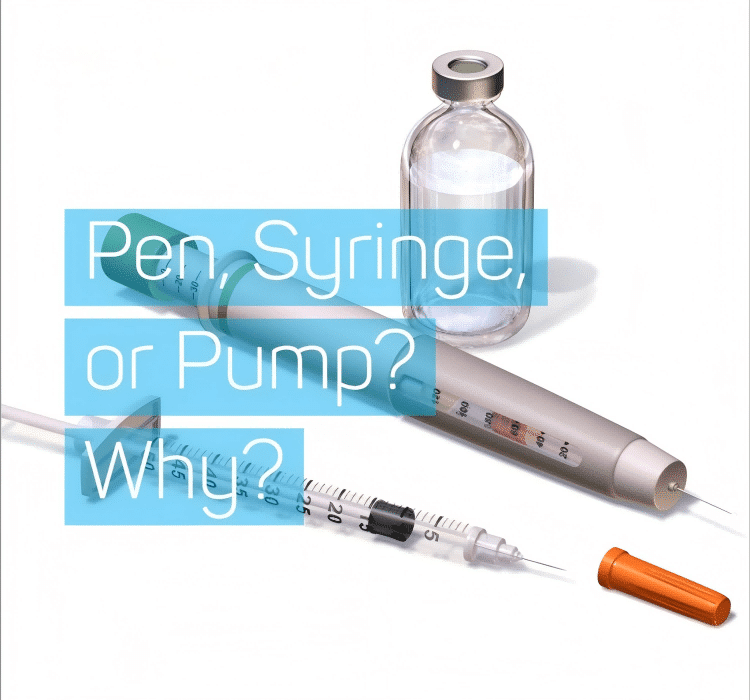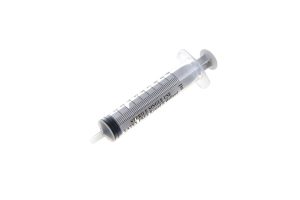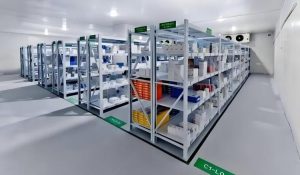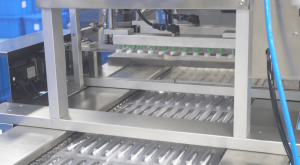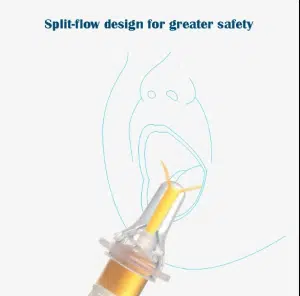Expert insights on insulin injection methods, medical syringes, and diabetes care equipment from leading manufacturers
Managing diabetes effectively depends heavily on choosing the right insulin delivery method. Whether you’re using insulin syringes, insulin pens, or advanced insulin pumps, the right choice can dramatically improve your blood sugar control, reduce complications, and enhance your quality of life. This comprehensive guide breaks down everything you need to know about insulin injection systems in simple, easy-to-understand terms.
Understanding Insulin Delivery Systems: Your Complete Options
What Are Your Main Choices for Insulin Injection?
Modern diabetes management offers five primary insulin delivery methods, each designed to meet different patient needs and lifestyles:

1. Insulin Syringes: The Time-Tested Solution
Traditional insulin syringes remain the gold standard for accurate, affordable diabetes care worldwide. These medical-grade syringes are specifically designed for insulin injection and offer unmatched precision.
Key Features of Quality Insulin Syringes:
- Ultra-fine needles (typically 28G-31G) for reduced injection pain
- Precise measurement markings (0.5 or 1.0 unit increments)
- Low dead space design to minimize insulin waste
- Sterile, single-use construction for maximum safety
- Clear barrel visibility for accurate dose verification
Who Should Choose Insulin Syringes?
- Cost-conscious patients seeking affordable diabetes management
- Individuals requiring custom insulin doses not available in pen cartridges
- Patients using specialty insulin formulations or mixing insulins
- Healthcare facilities needing bulk insulin administration
- Regions with limited access to advanced diabetes technology
Why Healthcare Professionals Recommend Quality Syringes:
Insulin syringes offer the most economical path to effective diabetes management. When manufactured to strict medical standards, they provide dosing accuracy within ±2% – often superior to more expensive alternatives.
2. Insulin Pens: Modern Convenience Meets Accuracy
Insulin pen systems have revolutionized diabetes care by combining portability, ease of use, and precise dosing in one device.
Types of Insulin Pens:
- Disposable pre-filled pens (most popular)
- Reusable pen devices with replaceable cartridges
- Smart insulin pens with dose memory and tracking
Benefits of Insulin Pen Systems:
- Discreet injection – perfect for public use
- Dose accuracy with audible click confirmation
- Convenient portability for travel and work
- Reduced injection anxiety with ultra-thin pen needles
3. Insulin Pumps (CSII): Advanced Diabetes Technology
Continuous subcutaneous insulin infusion (CSII) represents the most sophisticated insulin delivery system available.
How Insulin Pumps Work:
- Continuous basal rate mimicking natural insulin production
- Programmable bolus doses for meals and corrections
- Advanced algorithms for predictive glucose management
- Integration with continuous glucose monitors (CGM)
4. Inhaled Insulin: Needle-Free Innovation
Inhalable insulin systems offer a needle-free alternative for mealtime insulin delivery.
Key Advantages:
- Zero injection pain – ideal for needle-phobic patients
- Rapid onset (10-15 minutes)
- Discrete administration in social settings
5. Patch Pumps: Simplified Pump Technology
Tubeless insulin patch pumps combine pump benefits with simplified operation.
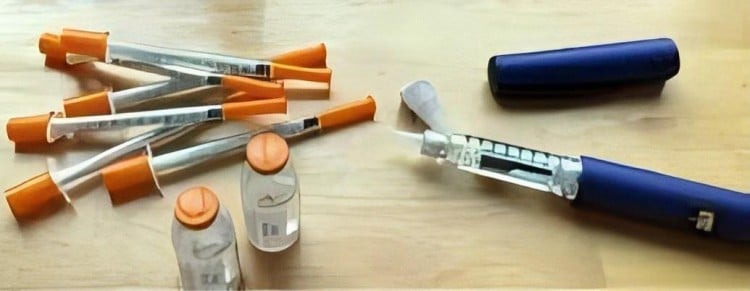
Clinical Evidence: Which Method Delivers Better Results?
Blood Sugar Control (HbA1c) Effectiveness:
| Insulin Delivery Method | Average HbA1c Improvement | Clinical Benefit |
|---|---|---|
| High-Quality Insulin Syringes | Baseline control | Most cost-effective for stable diabetes |
| Insulin Pens | Similar to syringes | Better compliance due to convenience |
| Insulin Pumps | 0.2-0.5% additional improvement | Superior for complex diabetes |
| Inhaled Insulin | Comparable to injections | Best for needle aversion |
Hypoglycemia (Low Blood Sugar) Prevention:
Insulin pumps show the strongest evidence for reducing dangerous low blood sugar episodes:
- 25-50% reduction in severe hypoglycemia compared to traditional injections
- Continuous glucose monitoring integration provides early warnings
- Customizable basal rates prevent overnight lows
Cost Analysis: Finding Affordable Diabetes Care
Understanding the true cost of insulin delivery helps you make informed decisions:
Annual Costs (USD) by Method:
| Delivery System | Device Cost | Supplies/Year | Total Annual Cost |
|---|---|---|---|
| Insulin Syringes | $0 | $300-500 | $300-500 |
| Insulin Pens | $0-50 | $800-1,200 | $800-1,250 |
| Insulin Pumps | $3,000-6,000 | $1,500-2,000 | $4,500-8,000 |
| Inhaled Insulin | $200-400 | $2,000-3,000 | $2,200-3,400 |
Cost-Effectiveness Winner: High-quality insulin syringes provide the most affordable diabetes management without compromising safety or accuracy.
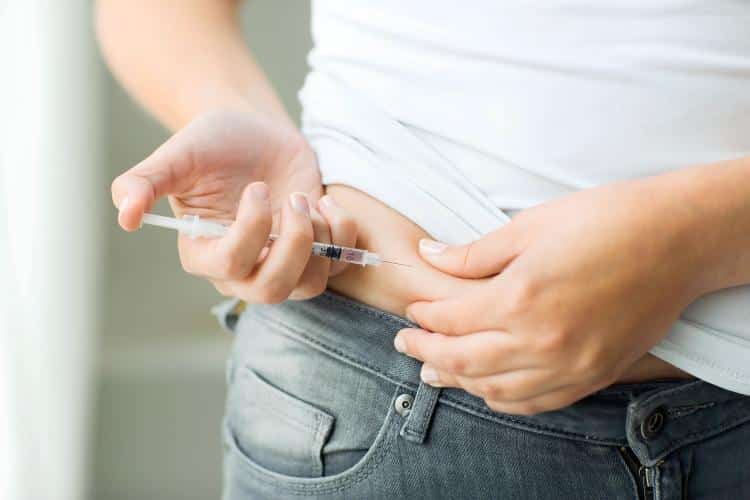
Manufacturing Excellence: What Makes Superior Insulin Syringes
Critical Quality Factors in Insulin Syringe Manufacturing:
As leading medical device manufacturers, we understand that insulin syringe quality directly impacts patient safety and treatment success. Here’s what distinguishes premium syringes:
Needle Technology:
- Triple-bevel needle tips for smoother skin penetration
- Precision-ground points reducing injection force by up to 30%
- Medical-grade stainless steel (typically 304 or 316L grade)
- Silicone lubrication for enhanced comfort
Barrel Engineering:
- Crystal-clear polypropylene for accurate dose visualization
- Laser-etched graduations that won’t wear off
- Low dead space design minimizing insulin waste
- Smooth plunger action requiring minimal force
Quality Control Standards:
- ISO 13485 medical device manufacturing certification
- Dimensional accuracy within ±0.02mm tolerances
- 100% functional testing before packaging
- Sterility validation with 10⁻⁶ sterility assurance level
Patient Safety: Avoiding Common Insulin Injection Mistakes
Proper Insulin Syringe Technique:
- Always use a new sterile syringe for each injection
- Rotate injection sites to prevent lipodystrophy
- Check expiration dates on both syringe and insulin
- Prime the needle to remove air bubbles
- Inject at 90-degree angle for proper absorption
Warning Signs of Poor-Quality Syringes:
- Bent or barbed needle tips causing injection pain
- Unclear measurement markings leading to dosing errors
- Sticky plunger movement affecting dose accuracy
- Needle separation from syringe barrel
Global Market Trends in Insulin Delivery
Growing Demand for Insulin Syringes:
Despite technological advances, insulin syringes maintain significant market share:
- Global insulin syringe market: $1.2 billion annually
- Annual growth rate: 4.2% (driven by diabetes prevalence)
- Emerging markets: 60% of patients still prefer syringes
- Healthcare institutions: Bulk purchasing drives steady demand
Regional Preferences:
North America & Europe:
- 70% insulin pens, 25% syringes, 5% pumps
Asia-Pacific:
- 45% insulin syringes, 40% pens, 15% other methods
Latin America & Africa:
- 65% insulin syringes (cost-driven preference)
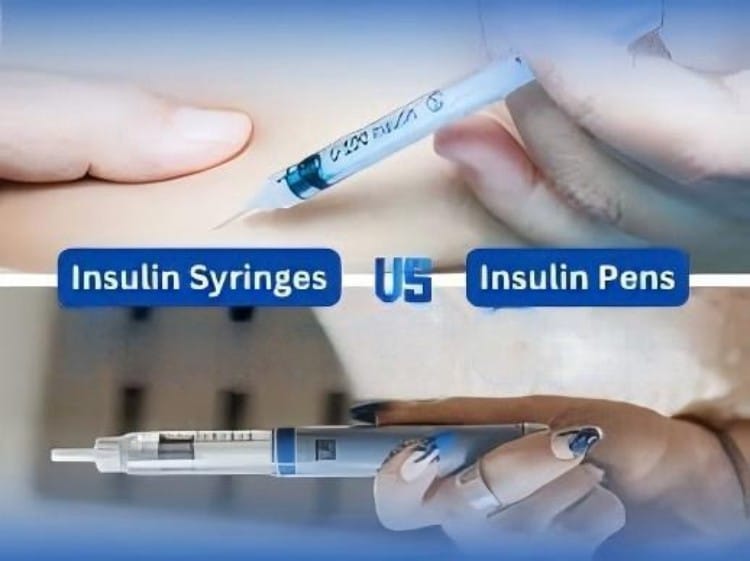
Choosing Your Ideal Insulin Delivery System
Quick Decision Guide:
Choose Insulin Syringes If You:
- ✅ Want the most affordable diabetes management
- ✅ Need precise custom dosing flexibility
- ✅ Prefer proven, reliable technology
- ✅ Are comfortable with traditional injection methods
- ✅ Want maximum insulin compatibility
Consider Insulin Pens If You:
- ✅ Value convenience and portability
- ✅ Inject insulin in public settings
- ✅ Want simplified dose preparation
- ✅ Can afford moderate cost increases
Explore Insulin Pumps If You:
- ✅ Have unstable blood sugars despite optimal injection therapy
- ✅ Experience frequent hypoglycemia
- ✅ Want the best possible glucose control
- ✅ Can commit to intensive diabetes management
Professional Recommendations for Healthcare Providers
Prescribing Guidelines:
For newly diagnosed patients: Start with high-quality insulin syringes to ensure proper injection technique mastery before considering advanced systems.
For established patients: Evaluate upgrade needs based on:
- HbA1c achievement (target <7% for most adults)
- Hypoglycemia frequency (concerning if >2 episodes/month)
- Quality of life impact and treatment burden
- Financial considerations and insurance coverage
Patient Education Priorities:
- Proper injection technique regardless of delivery method
- Site rotation protocols to prevent complications
- Insulin storage and handling for maximum potency
- Recognition of device malfunction signs
- Emergency preparedness with backup supplies
The Future of Insulin Delivery Technology
Emerging Innovations:
- Smart insulin syringes with dose tracking capabilities
- Automated insulin injection systems for institutional use
- Biodegradable syringe materials for environmental sustainability
- Integration with digital health platforms for better care coordination
Market Evolution:
While advanced technologies continue developing, insulin syringes remain essential for:
- Cost-effective care in resource-limited settings
- Backup systems for pump and pen users
- Specialty insulin administration not suitable for other devices
- Mass vaccination and emergency response scenarios

Partner with Leading Insulin Syringe Manufacturers
Why Choose Our Manufacturing Expertise:
As established medical device manufacturers, we bring 20+ years of insulin syringe production experience to healthcare partners worldwide:
Manufacturing Capabilities:
- Annual production capacity: 200+ million insulin syringes
- Clean room manufacturing to ISO Class 7 standards
- Automated quality control with real-time monitoring
- Regulatory compliance: FDA 510(k), CE Mark, ISO 13485
Product Customization Options:
- Private label manufacturing for distributors
- Custom needle gauges and lengths for specific populations
- Specialized barrel graduations for unique insulin concentrations
- Packaging configurations optimized for your market
Quality Assurance Commitment:
- Zero-defect manufacturing with statistical process control
- Comprehensive testing protocols exceeding industry standards
- Supply chain transparency with full traceability
- Continuous improvement through customer feedback integration
Contact Our Diabetes Care Specialists
Ready to explore superior insulin delivery solutions? Our experienced team provides:
For Healthcare Distributors:
- Market analysis and competitive positioning
- Product specification consultation
- Regulatory support for new market entry
- Training programs for sales teams
For Healthcare Institutions:
- Volume pricing for bulk purchases
- Clinical evidence packages for formulary decisions
- Staff training on proper syringe selection
- Inventory management solutions
For OEM Partners:
- Custom manufacturing services
- Co-development of innovative designs
- Technology transfer support
- Global supply chain management
Your trusted partner in diabetes care innovation – delivering precision, safety, and affordability in every syringe.

